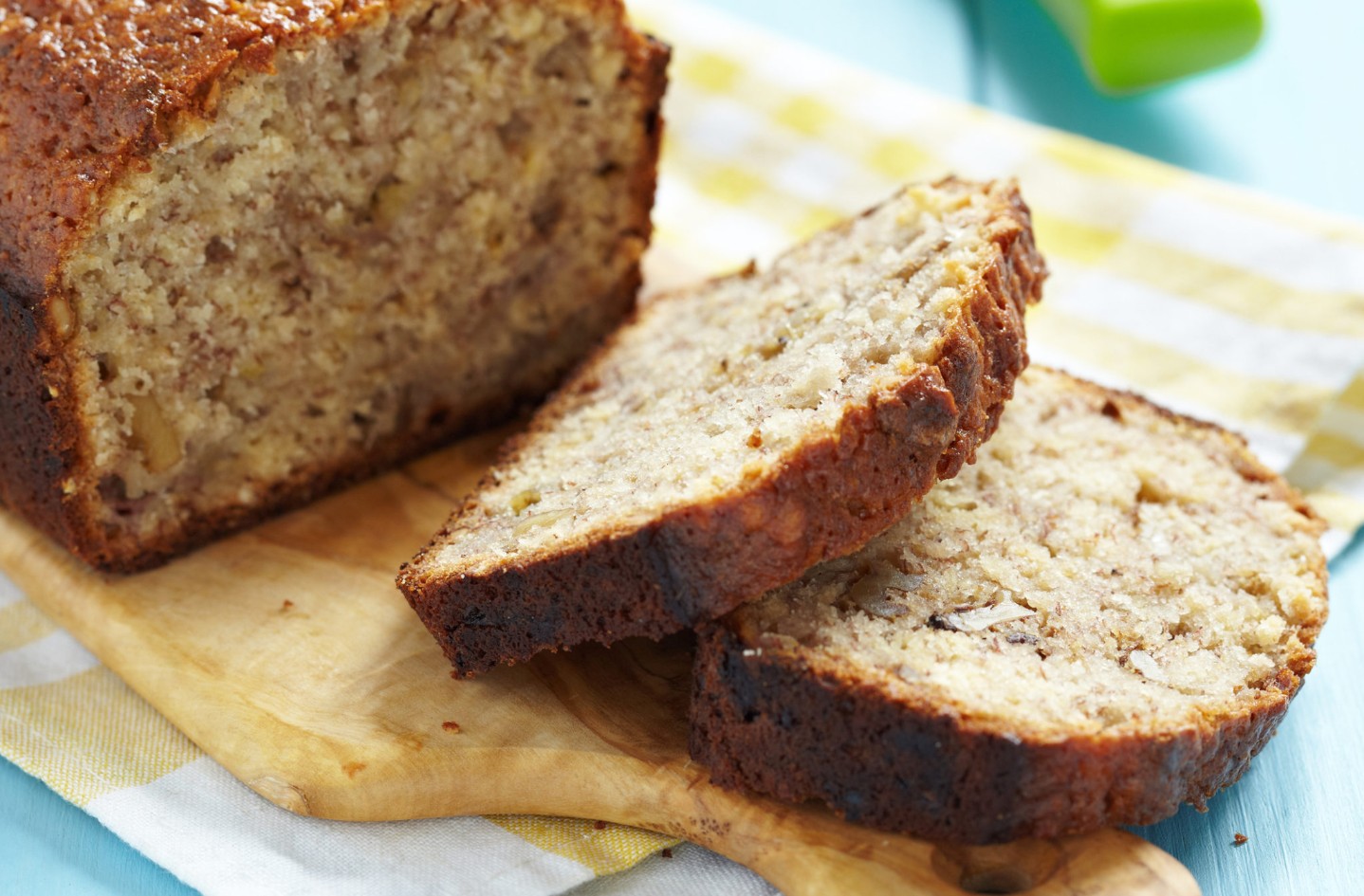Fueling Your Family's Future: A Doctor's Perspective on National Nutrition Month
MAR 01, 2026Good nutrition is about building a foundation for a vibrant, energetic, and disease-resistant life for you and your loved ones.
Read More
A common question that arises during diabetes education consults – is it necessary to eliminate all baked goods and desserts in order to control blood glucose levels? The answer is no! However, eating too many carbohydrates at one time can result in high blood sugars. In addition, these food items commonly contain an excessive amount of calories from added sugars and fats. Consuming too much sugar and fat can make blood glucose control and weight management difficult. Consider implementing some of these simple healthy baking modifications.
Reduce the sugar quantity in a recipe by one-third to one-half. Add almond extract, vanilla, spices, such as nutmeg, cardamom or cinnamon, or fresh fruits or fruit purees to enhance flavor. Applesauce makes a great one-to-one substitution for sugar. Swap-in cacao nibs when recipes call for milk chocolate. Consider baking with artificial sweeteners, also known as non-nutritive sweeteners. These are chemical- or plant-based substances that do not contain carbohydrates or calories and do not impact blood glucose values. Non-nutritive sweeteners currently approved for use by the Food and Drug Administration (FDA) and deemed suitable for baking include Acesulfame-K (Sunette®, Sweet One®), Neotame (Newtame®), Saccharin (Sweet’N Low®), Stevia (Truvia®, Stevia in the Raw®), and Sucralose (Splenda®). Appropriate baking times and quantities vary – be sure to check online or read nutrition labels for further instructions.
Use one-third to one-half less fat than recommended by the recipe. Choose oil or butter in place of lard or shortening. Replace the ‘missing’ fat with a smart substitute, such as mashed avocado, a fruit sauce or puree, mashed banana or unsweetened applesauce. In recipes calling for eggs, swap one whole egg for two egg whites. Utilize lower-fat Greek yogurt or pureed cottage cheese in place of mayonnaise or sour cream. When using oils in recipes, choose unsaturated vegetable oil, such as olive and canola oils, which contain a greater amount of unsaturated ‘healthier’ fats.
Fiber helps slow digestion which aids in blood glucose stabilization, feeling full and weight management. Replace one-half of the white flour in a recipe with oat flour, whole wheat flour, ground nut flours, including almond or hazelnut flours, or soy flour, as these flours contain more protein which helps stabilize blood glucose. Adding chopped or shredded produce, such as carrot, zucchini, pumpkin, spinach, or cranberry to quick breads and other baked good recipes not only increases fiber content but also packs a nutrient-punch. Consider sprinkling chopped nuts or seeds, such as chia, sunflower, or flax seeds into batters or on top of baked goods for added crunch.
Regardless of whether a recipe has been modified, all baked items should be consumed in moderation. Consider preparing baked goods in smaller individual-sized tins and packing in portion-controlled plastic bags. Extra servings can be stored in the fridge or freezer to enjoy at a later time.
Do you have more questions about healthy baking substitutions? Talk to your provider or one of our CHI Health dietitians.

Good nutrition is about building a foundation for a vibrant, energetic, and disease-resistant life for you and your loved ones.
Read More
Easy lower-carbohydrate and calorie substitutions, in addition to mindful eating strategies, will help you enjoy every mouth-watering moment of a nutritious Thanksgiving meal.
Read More
Diabetes is a serious chronic condition that affects millions worldwide. While a diagnosis can feel daunting, early detection and management are crucial for preventing severe complications and living a healthy life.
Read MoreWhen you need local health information from a trusted source, turn to the CHI Health Better You eNewsletter.